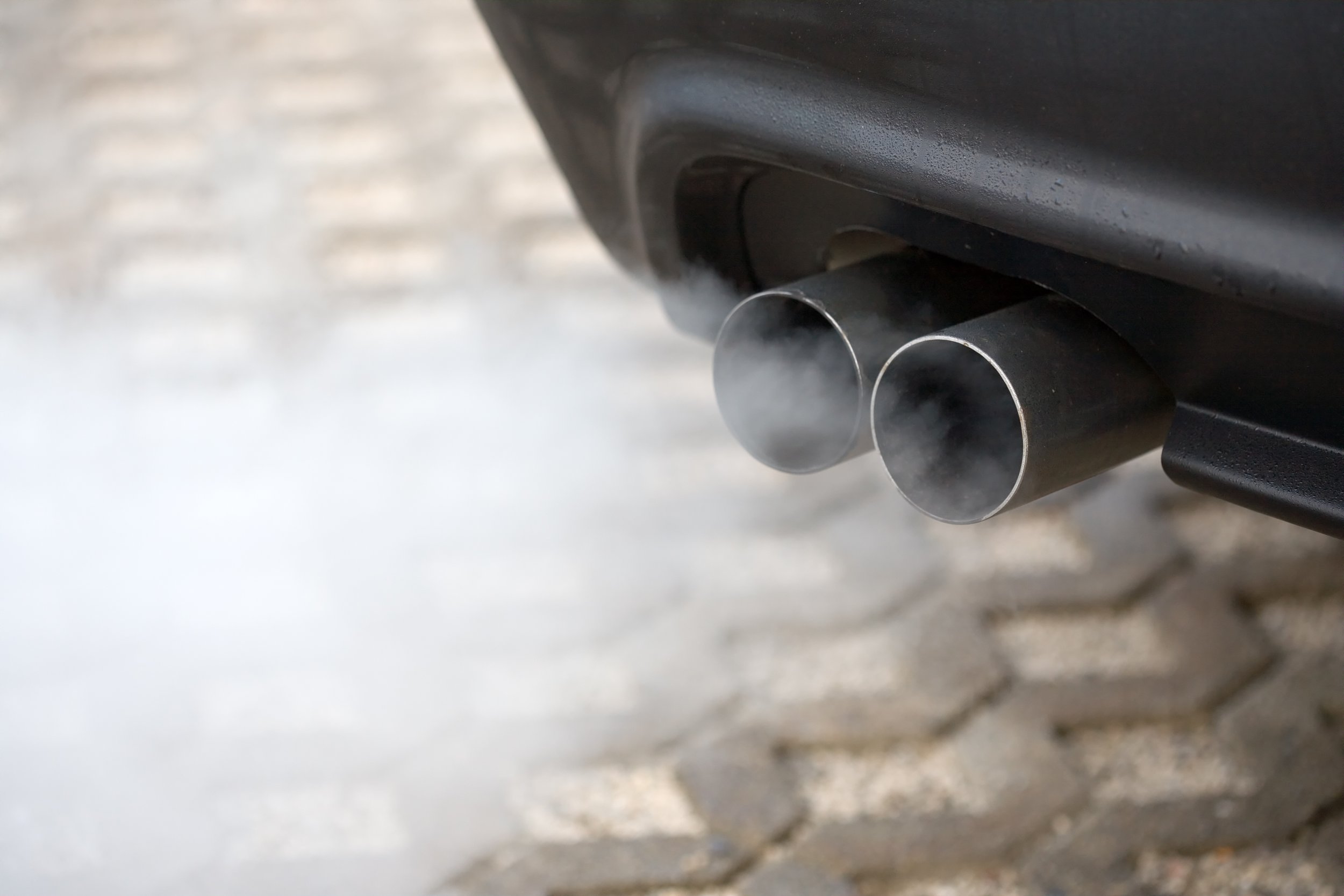
For those of us who live in big cities, air pollution can be almost unavoidable. And it could be putting us at risk of developing mouth cancer, scientists have warned.
Air pollution is responsible for an estimated 4.2 million premature deaths worldwide per year, according to the World Health Organization (WHO). Meanwhile, WHO noted, around 657,000 cases of oral cancer are diagnosed annually across the globe, with 330,000 of those patients dying.
Existing evidence indicates factors such as smoking, drinking alcohol and exposure to the common human papillomavirus (HPV) can heighten an individual's risk of developing mouth cancer. Chewing betel, which is consumed in Southeast Asia as a stimulant, has also been associated with the condition.
In a study published in The Journal of Investigative Medicine, researchers in Taiwan explored the risks that pollutants including PM2.5 (tiny aerosols of particulate matter measuring 2.5 micrometers or less that can be inhaled into the lungs and bronchi) pose to an individual's health. Scientists already believe PM2.5 is likely a contributor to lung cancer.
Related: Household cleaning products might be making your children fat
The team assessed official figures on air quality logged between 1998 and 2011 at 66 air quality stations in 64 Taiwanese municipalities. Pollutants measured by the stations included carbon monoxide, sulfur dioxide, nitrogen monoxide, nitrogen dioxide, ozone and particulate matter of varying sizes.
Based on electronic medical records of 482,659 male volunteers with an average age of 40 across the 64 municipalities, the researchers calculated their exposure to potentially dangerous pollutants. Data on whether the men smoked tobacco or chewed betel was also considered.
Of the total participants, 1,617 were diagnosed with mouth cancer between 2012 and 2013. Those living in areas with high levels of PM2.5 were more likely to develop mouth cancer, the figures showed. Although less so, ozone was also significantly associated with an increased risk of oral cancer.
The authors did not immediately respond to a request for comment. In a statement they explained, "This study, with a large sample size, is the first to associate oral cancer with PM2.5. These findings add to the growing evidence on the adverse effects of PM2.5 on human health."
The authors acknowledged that their work, as with any study, has some limitations, including that the exact concentration of PM2.5 that entered the mouths of the participants was unknown and could therefore skew their conclusion.
Dr. Matthew Loxham, a fellow in respiratory biology and air pollution toxicology in medicine, at the University of Southampton, in the U.K., who was not involved in the study told Newsweek: "The new finding here is the association between fine PM exposure and mouth cancer. The fact that this study was done in a sizable population also lends weight to their findings.
"It is easy to see how fine PM exposure might increase mouth cancer risk—carcinogenic particles are inhaled, trapped by mucus in the airways, and then coughed up into the mouth, from where they are swallowed, thus exposing the mouth and digestive tract to fine PM," he said. "This mechanism may also underlie effects on the stomach."
However, he cautioned that the study does not definitively conclude that fine PM causes mouth cancer.
"Although the authors accounted for smoking and betel leaf use, both of which are known to cause cancer, they did not account for the socioeconomic status of the participants, which may also play a role," he said.
Georgina Hill, a spokesperson at the charity Cancer Research UK, told Newsweek: "We know that air pollution can increase the risk of lung cancer. But less is known about its effect on other cancer types.
"This study found men in Taiwan exposed to higher levels of air pollution had an increased risk of oral cancer.
"But levels of air pollution in Taiwan are relatively high so more research is needed to see if this link applies elsewhere too.
Hill said that the best ways to cut your risk of developing oral cancer are not smoking and drinking less alcohol.
As many as 91 percent of the world's population live in an area with poor air quality, according to the WHO, and this study is the latest to link pollution with serious conditions such as cancer.
Earlier this year, scientists found that exposure to air pollution could heighten the risk of developing dementia by 40 percent.
The study published in BMJ Open involved 131,000 people aged 50 to 79 in London.
However, Dr. James Pickett, head of research at the Alzheimer's Society, who was not involved in the research, commented at the time: "Air pollution is a hot topic in dementia research, and there is evidence that exposure to air pollution can cause small particles to enter the brain," he said.
"But it's a huge leap to say that air pollution could lead to dementia."
Uncommon Knowledge
Newsweek is committed to challenging conventional wisdom and finding connections in the search for common ground.
Newsweek is committed to challenging conventional wisdom and finding connections in the search for common ground.
About the writer
Kashmira Gander is Deputy Science Editor at Newsweek. Her interests include health, gender, LGBTQIA+ issues, human rights, subcultures, music, and lifestyle. Her ... Read more
To read how Newsweek uses AI as a newsroom tool, Click here.








